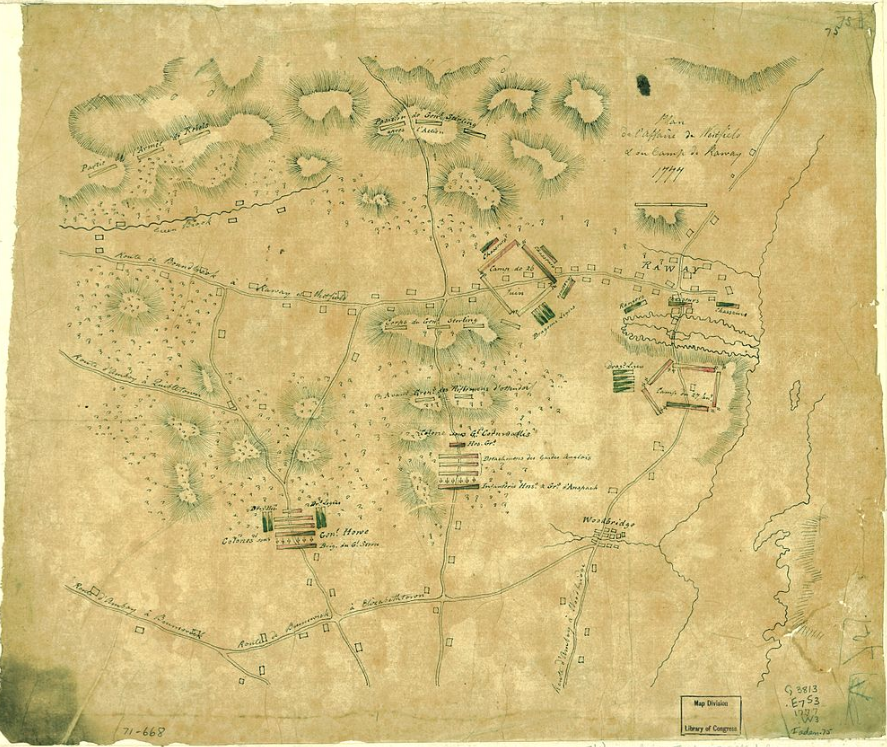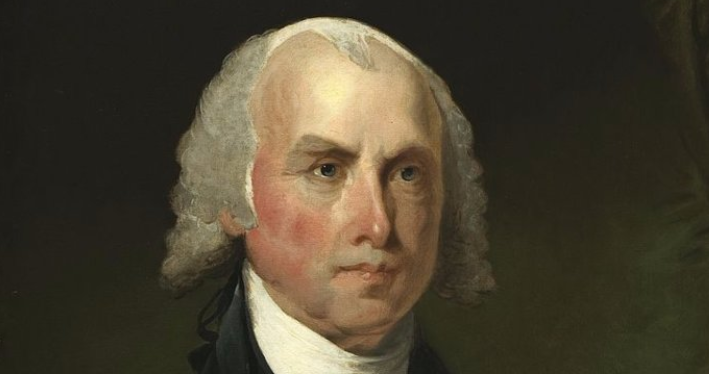Abolition in Massachusetts - Theodore Sedgwick Takes The Case
There are many stories which could be told regarding Theodore Sedgwick’s participation in the American Revolution.
Today, however, we disregard his political and military success and instead focus on his involvement with slavery.
That is to say, we will look at the court case which put the State of Massachusetts on an unstoppable path toward total abolition.
Please Note: I honestly thought I’d written an article about Elizabeth Freeman last year. She features heavily in this story but surely deserves her own so look out for that soon.
Theodore Sedgwick
By the age of 25, Theodore Sedgwick was an up-and-coming lawyer in Sheffield, Massachusetts.
It was 1773 and the men in town had attended several meetings debating what to tell their colonial representative in Boston about how to handle the growing tensions with the Mother Country.
The result of these meetings were the Sheffield Resolves, one of the earliest declarations of human rights in the British Colonies.
The author of these Resolves was the young Theodore Sedgwick.
Elizabeth Freeman
The Sheffield Resolves are thought to have been agreed upon in the house of John Ashley.
This is most likely when Sedgwick met Ashley’s slave Elizabeth Freeman (at the time known as Bet).
Though they could not have known it at the time, Sedgwick and Freeman would come together again 8 years later to change history.
Slaves in New England were generally looked at similar to children who needed to be cared for, and therefore abuse was not viewed as appropriate by the community at large. However, there were always exceptions and people who took advantage of their power over others.
John Ashley’s wife was one of these people, and she often treated her servants maliciously.
Abolished
One day Elizabeth Freeman was in town when she heard the new Massachusetts State Constitution read in the square.
She heard the phrase ‘All men are born free and equal’ and, coupling it with the talk of liberty she had heard a decade earlier, realized that meant her.
Freeman approached Theodore Sedgwick who agreed to take on her case.
Theodore was able to win freedom for Elizabeth as well as another slave named Brom.
This case was the first in a series of successful ‘freedom suits’ which would essentially outlaw slavery in Massachusetts by the end of the Revolutionary War.
Eternally Bound
In a further act of kindness, Sedgwick asked Freeman (who now had no job or place to live) to come stay with his family and work for pay.
She accepted and proceeded to assist with raising the Sedgwick’s many children while Theodore went on to become an inaugural Representative in the US Congress, a Senator and a Justice on the Massachusetts Supreme Court.
Both Theodore and Elizabeth, who’s courage and teamwork liberated thousands of people, are buried mere feet from each other in the Sedgwick Family plot.
Want to read about more Founders who fought to abolish slavery?
Check out these articles:
John Lowell Sires American Leaders - Lowell put language in the State Constitution which led to Freeman’s case.
William Cushing Keeps His Wig On - Cushing was the Chief Justice who, two years later, confirmed that slavery was unconstitutional in Massachusetts.
Elizabeth Freeman has several biographies.
While I usually recommend books for adults, ‘A Free Woman on God’s Earth’ is a great introduction for pre-teens to learn about slavery at the heart of the American Revolution while understanding that it took the cooperation of both white and black people to abolish that awful practice.
If you’d like a copy you can get one through the Amazon affiliate link below (you’ll support this site, but don’t worry, Amazon pays me while your price stays the same).
Want to get fun American Revolution articles straight to your inbox every morning?
Subscribe to my email list here.
You can also support this site on Patreon by clicking here.
Thanks for your support!






